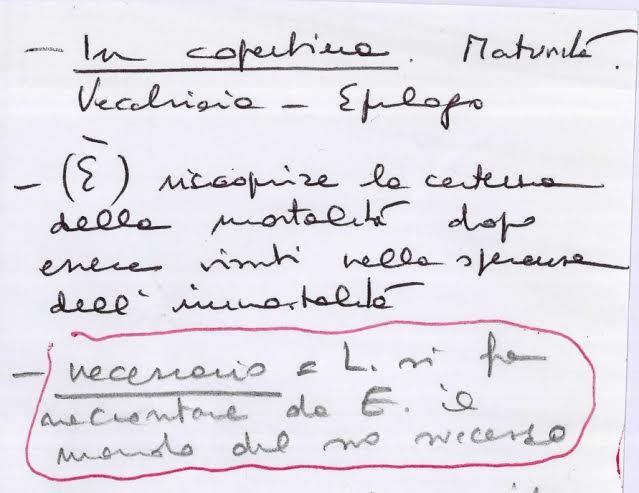Written by our lovely Adie Smith, who is back with us for the Christmas season before beginning a new adventure on the West coast.
Technology has rendered us all translucent, but Italian author Elena Ferrante maintains her mystique by writing under a pen name. She has never interviewed on television or over the phone. With a few exceptions, she communicates solely through her publisher.
In spite of this, Elena Ferrante’s most recently translated works, the Neopolitan novels, have been on many “best of “lists this year. The final novel in the tetralogy, Story of the Lost Child, was released in September. Now is the perfect time to pick up the first novel in the series, My Brilliant Friend.
Narrated by a middle-aged author (with the same first name as the author, although there is no indication that they are, in fact, the same person), Elena traces her life from a childhood in post-World War II Naples, to university on scholarship, and into motherhood and marriage. A bright student, Elena does well in school despite the neglect and crime of her neighborhood.
In a place where who you know and how you will out-swindle your neighbors defines success, Elena values book knowledge over street smarts. Her education is her inevitable ticket into the leftist academia of Italy. Even here, however, the old neighborhood haunts.
The Neopolitan novels do not tell an unusual story. Coming of age stories in which characters pull themselves up by their bootstraps is a frequent trope in American literature (A Tree Grows in Brooklyn, Glass Castle, etc). Upward mobility is the American dream, after all. This genre, however, is much more unusual in other countries, and as a result, Ferrante’s story navigates uncharted waters. Ferrante’s prose is illuminating and strikingly sincere. You would be hard pressed to find an author who pens human folly and triumph with any more truth.
Novels about women, and novels by women, are often relegated to their own special category. Described as sentimental or overly sincere, they are discredited because the domestic stories they tell are small in scope. The kitchen and the home. The marriage bed. The family. But a book (and the life of a woman) is a small vessel that contains multitudes.
In one of her only interviews (with the Paris Review), Ferrante wrote that, “Literary truth is not the truth of the biographer or the reporter, it’s not a police report or a sentence handed down by a court. It’s not even the plausibility of a well-constructed narrative. Literary truth is entirely a matter of wording and is directly proportional to the energy that one is able to impress on the sentence. And when it works, there is no stereotype or cliché of popular literature that resists it. It reanimates, revives,subjects everything to its needs.”



Comments are closed.